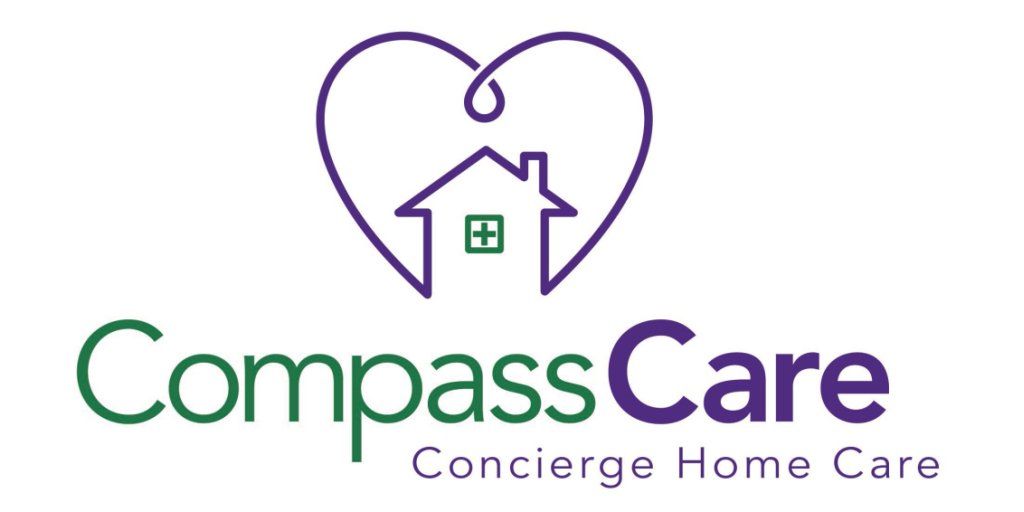Care Transitions As We Get Older
By: Mark Lachs
What is “Care Transition”?
This is when a patient gets “handed off” from one care venue to another or from one physician to another. For example, it could be a move from a hospital to a rehab facility after a knee replacement. Or, another transition may be when you are admitted through the emergency room and a bed becomes available on the medical floor. It can even be when you are already a patient and the resident goes “off duty” and then the new doc “signs on.” The older we get, the more doctors we see and the more medical care transitions we experience. The risk of potential medical error, particularly during these transitions, is often compounded by the impairment of our ability to communicate clearly. Thus, the impact of poor transitions gets greater as we age.
What is most important, is doing whatever we can to plan for these types of circumstances, and to minimize complications and avoid falling through “transition cracks”. We can all take an active role in interacting with our health care providers. It’s important to ASK QUESTIONS and KEEP RECORDS.

As we age, we become more at risk for medical error because it becomes what I call, a “one-two” punch. The 1st punch is simply related to getting older, seeing more doctors and having more medical transitions. The 2nd punch is the loss of physiologic reserve, which is the extra capacity with which we are born that enable our bodies to function, even when compromised. This physiologic reserve diminishes with age which can affect our ability to tolerate treatment and to recover. That being said, there’s a ton you can do to make sure you don’t become a victim of care transition shenanigans.
Keep A List
To avoid complications, the easiest thing to do is carry around a paper copy of your medical history - a 1-page “greatest medical hits” list. There are also many other ways to keep track, from phone apps to USB necklaces to web-based systems of medical recordkeeping. Whichever method you choose, keep in mind that it’s important to keep it updated!
-
Medications: List them by their brand and also their generic names. This will help your doctor know what medications you are currently taking to ensure that any new prescriptions given to you will not have adverse effects when taken together.
-
Allergies: Include any sensitivities to medicines, foods, or contrast dyes (used in medical testing).
-
Major Medical Problems and Surgeries: This is especially important for problems that are in any way active – or that have resulted in a lasting impact. It’s a good idea to make a bulleted list of the major medical problems you have faced over the past several years. Include surgical procedures (with dates) as they could impact treatment decisions that come up in certain situations.
-
Photocopy of Most Recent Cardiogram: Helpful Hint: These can be reduced in a copy machine to the size of a large index card, making it easier to pull out the results for the doctor to see. If you have heart problems or have had abnormal cardiogram results, attach a photocopy of your most recent EKG.
-
Description of Abnormal Lab Findings: Keep a list of even minor lab abnormalities that have been evaluated by your docs a long time ago and were found to be trivial. This can prevent being sent down an unnecessary path that could be an inconvenience or even life-threatening.
The last thing that a patient (and their family members) should do during a care transition is to let your doctor review the medical records with you. This can be a little scary, so brace yourself. Your record will include incidental findings. Your records may include terminology that you don’t understand. Ask questions. Communicate.
Remember that most care transition errors are, at their core, errors in communication. Don’t assume that anybody has communicated with anybody else in conveying your medical situation, and you will always be one step ahead of the game
